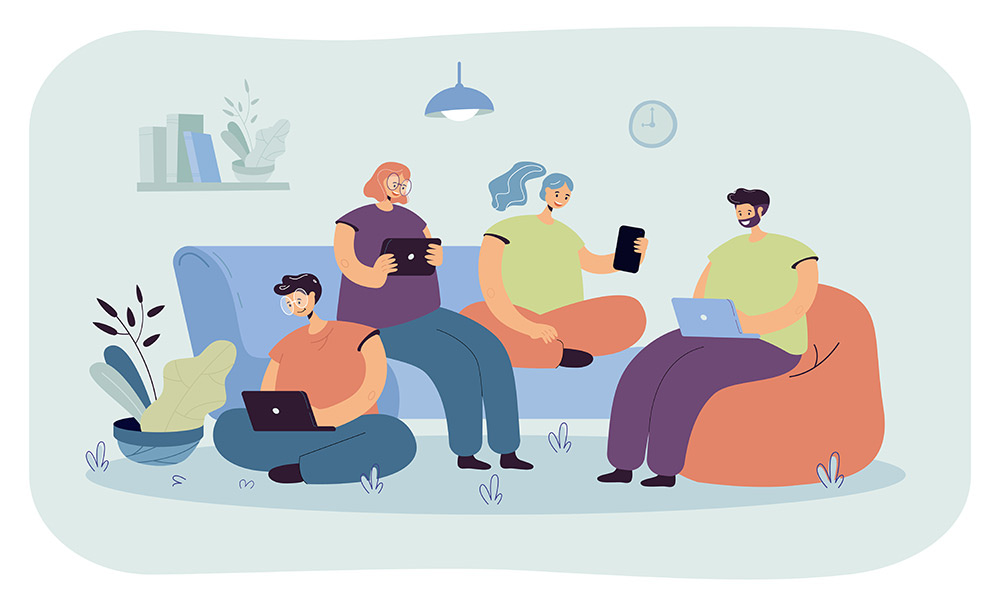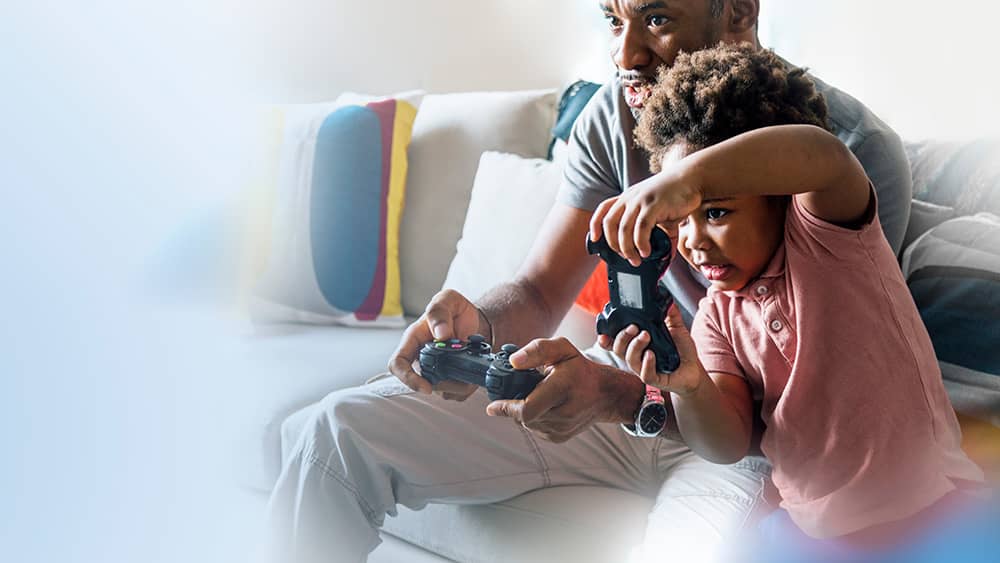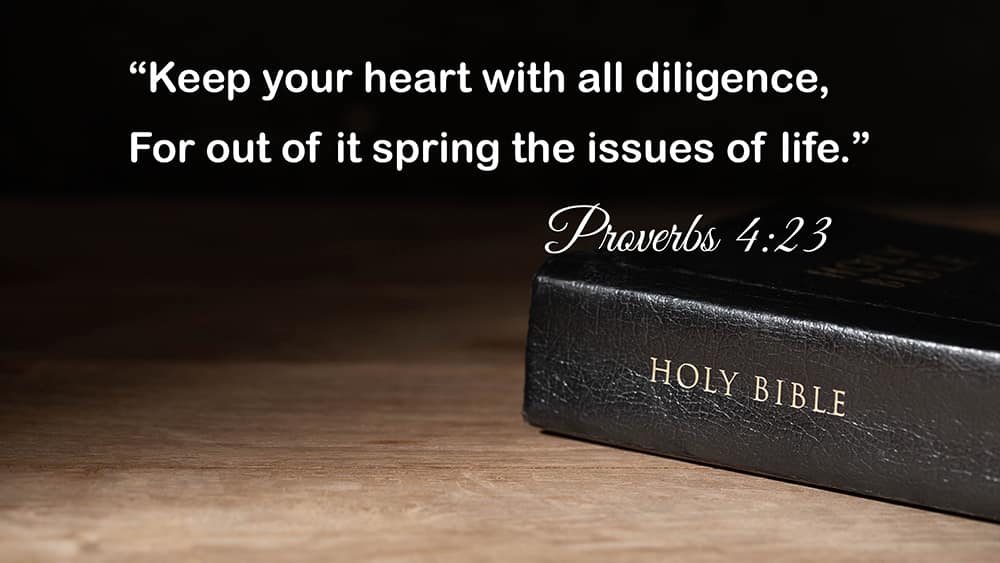There is a fallacy when it comes to media and family relationships. Imagine you’re on social media and you find something so funny or intriguing. Your first reaction will be to look around and see whether you can share it with a physical person (family member) and you laugh together. When no-one is around, you will then forward it to them.
The truth in all this is, don’t wake up one day when there is no-one to share with your laughter apart from endless emoji and unknown people on your phone. Or worse still, getting no reactions from even the forwarded ones but blue ticks only!
Maybe real relationships happen when your phone battery is dead! Let’s go deeper.
How Media influences Family Relationships
Media is usually known as communication sources that reach a wide audience, such as radio, television, magazines and newspapers whereas family can be a group of people (related or not) that live or do several things together.
Most often technology brings forth negative or zero interaction between siblings, couples, or parent-child. Imagine a scenario where everyone is on phone yet seated in the same living space?
Such a family isn’t learning anything from each other! They can never know one another’s joys, sorrows or worries. It starves the family of learning and modeling with each other social cues, interpersonal relationship skills, communication skills, and bonding.
The role of media in your family’s daily life
The practice of consuming media with a secondary practical purpose in daily family life was an effective strategy for reducing stress, conflict, and promoting household order and efficiency.
Today, parents tend to use (or allow) media in structuring their hectic lives. 3 ways this has been achieved is through:
- Structured attention — through media consumption be it print, TV or social media, it keeps one or more family members focused on something.
- Structured physical location—different forms of media can keep family members in a particular spot, e.g., Sports, reality shows, soaps, news, etc.
- Structured time – It keeps family members occupied for a set duration.
All three of these roles can be beneficial to a parent who is trying to create order out of a chaotic time at home in this busy world.
Unwanted Media Influences in Uganda Today
Parents are becoming more cautious every day when it comes to media. If not regulated, video game play, MP3s, and TV viewing and now social media (the TikTok, WhatsApp, Facebook) can promote weaker family relationships.
Media especially phones, can promote poor communication and subject the family to unwanted immoral influences. E.g., Parents communicating with the children in the house via WhatsApp or calling each other on phone while in the same house. The current Media consumption patterns threaten peace and order in the home when it trumps the daily routines that make orderly households tick.
A study done by the American Household Project identified styles of “dual-purpose” media consumption. These styles of media consumption served a secondary practical purpose through their use in parallel with mundane routines or tedious situations. You’ll find some of these media consumption styles listed below.
Media Consumption Styles
- Togetherness and Isolation
It is easy to assume that time spent watching TV or playing video games together is only valuable if the family members are having some kind of meaningful interaction, but this does not appear to be the case—instead, it seems that the simple act of being physically together and sharing an experience has intrinsic value to family relationships.
Parents have value for this. Example is a father and son playing a game of soccer together. A mother and daughter cooking a meal guided by a renowned chef on YouTube. Or getting new recipes from different google sites. Of course, the parents also value interaction. But there is a possibility of interaction without togetherness. This includes texting, Facebook, and phone calls. Also watching TV or movies. You are together as a family, but all glued to a TV movie yet isolated from each other. Focus is on what is on screen not the person next to you.
Time families spend in the car do not seem to have the same value to the family as time spent watching TV or movies together. Seating arrangement or the task-oriented nature of car trips might make this different from time together at home. The driver could see car time as a break from interaction. Often, it’s a break he or she needs multiple times per day.

- Media use and physical touch
We have identified several incidents where children engaged in lengthy physical contact with parents. This happened while watching TV, even at ages (11–14) where parents may assume their child is no longer interested in cuddling or even sitting shoulder to shoulder.
The role of shared media consumption as a facilitator of physical touch should not be overlooked. And neither should the idea that even older children still seek such contact.
- Media use and isolation
TV and video games appeared to bring the family together (at least physically, and sometimes socially). This happened especially with younger children or children close in age with similar interests. In contrast, it appeared that computers, cell phones, and mp3 players led to physical or social isolation from other family members—oftentimes both.
In the study, we identified incidents of “media-driven isolation.” That’s where one family member’s media use separated him/her from other family members. But we also saw “isolation-driven media use.” That’s where a family member consumed media because he or she was already isolated from the rest of the family. (Jul 21, 2010)
https://www.focusonthefamily.com/parenting/the-role-of-media-in-the-family
Positive effects of Media on family
After all is said and done, there are still some good aspects to gain from media in regard to family as listed below. (https://fenced.ai/blogs/positive-effects-of-social-media/#8_data)
- Better Communication
- Building relationships and communities
- Sharing a common interest
- Offers kindness and empathy
- Source of knowledge and learning
- Raise your voice on important issues
- Growing business
- Spread the news
- Ground for creativity and self-expression
- Source of Entertainment





Thanks Rosaline for the article. It’s rich. We are blessed.
Wow! Thank you Rosaline for this educative article.